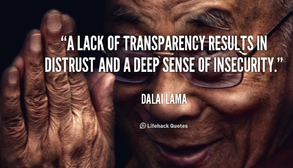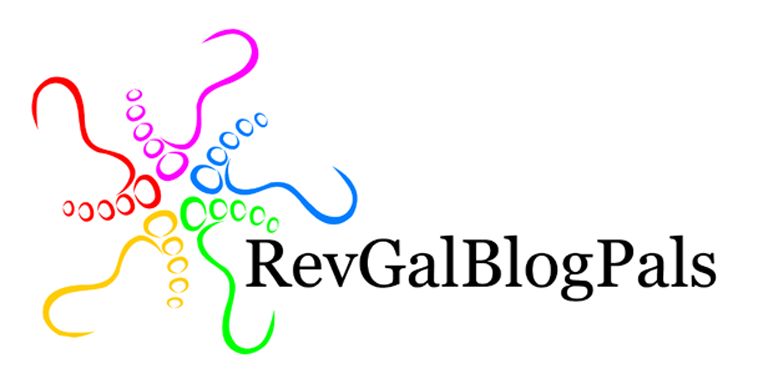|
Read this week's lectionary text from the Hebrew scriptures here.  David and Abishag by Pedro Americo David and Abishag by Pedro Americo In a contemporary context, I imagine Solomon as a world leader sitting in a private office in a private airplane as he travels to the next city where he has business. His mother approaches with a question, he clears the cabin and asks her to have a seat beside him. Solomon, she asks, why don't you let Adonijah have Abishag as a wife? Was his mother unaware that taking the former king's concubine was one way to claim the throne? Was she trying to make peace among these half brothers? So again in a contemporary context, perhaps the mom asks, "Solomon, your father's mistress is hanging around the house and I'm wondering if you could suggest she try your brother's house?" The contemporary context is a reality show waiting to happen. There is sex and trading partners. There is actual power and presumptive power. There are moms and stepmoms and half brothers. And it ends with a homicide. There is not a lot of trust or transparency in Solomon's world and there is not a lot of trust and transparency in our world either. Who are the trustworthy companions for our world leaders? Do we believe that there are advisers to our world leaders who don't from time to time request favors? Even the world leaders' mothers? I'd say especially the world leaders' mothers. I apologize for my cynicism, especially since we've got a long time to go in this season of politics!  For me this text is presenting the opportunity to talk about trust and transparency. We see in the text that trust and transparency are not present. But how about us? How about in our churches? How about in our families? My brother in law described trust as "listening to the other without thinking about what you will say next." I was taken aback a bit because I thought - well, that's what I call listening. But he was taking it one step further. I can trust you if I know you're really listening to me. I can trust you if I know that for the part of the conversation where I am talking, you are putting me first. How are we at trust in our relationships and in our churches? And transparency? Leaders and leadership teams talk about being transparent with congregations but as the pastor of a small church, communication is often one of the hardest tasks. I don't think it's difficult because people are wanting to be opague; I think it's difficult because one, church is run by volunteers and two, people in churches need a lot more information than we often think to give. Transparency is about over communicating. Transparency is showing the why of the what, the who around the why. What was Bathsheba really asking for? What was Adonijah really asking for? What was Solomon so afraid of? What did Abishag want (oh wait, don't be ridiculous, why would we ask the concubine what she wanted)? The story lacks transparency. Trust and transparency. Might our churches have more of both.
0 Comments
Leave a Reply. |
Search this blog for a specific text or story:
I am grateful for
|

This work is licensed under a Creative Commons Attribution-NonCommercial-ShareAlike 3.0 Unported License.
